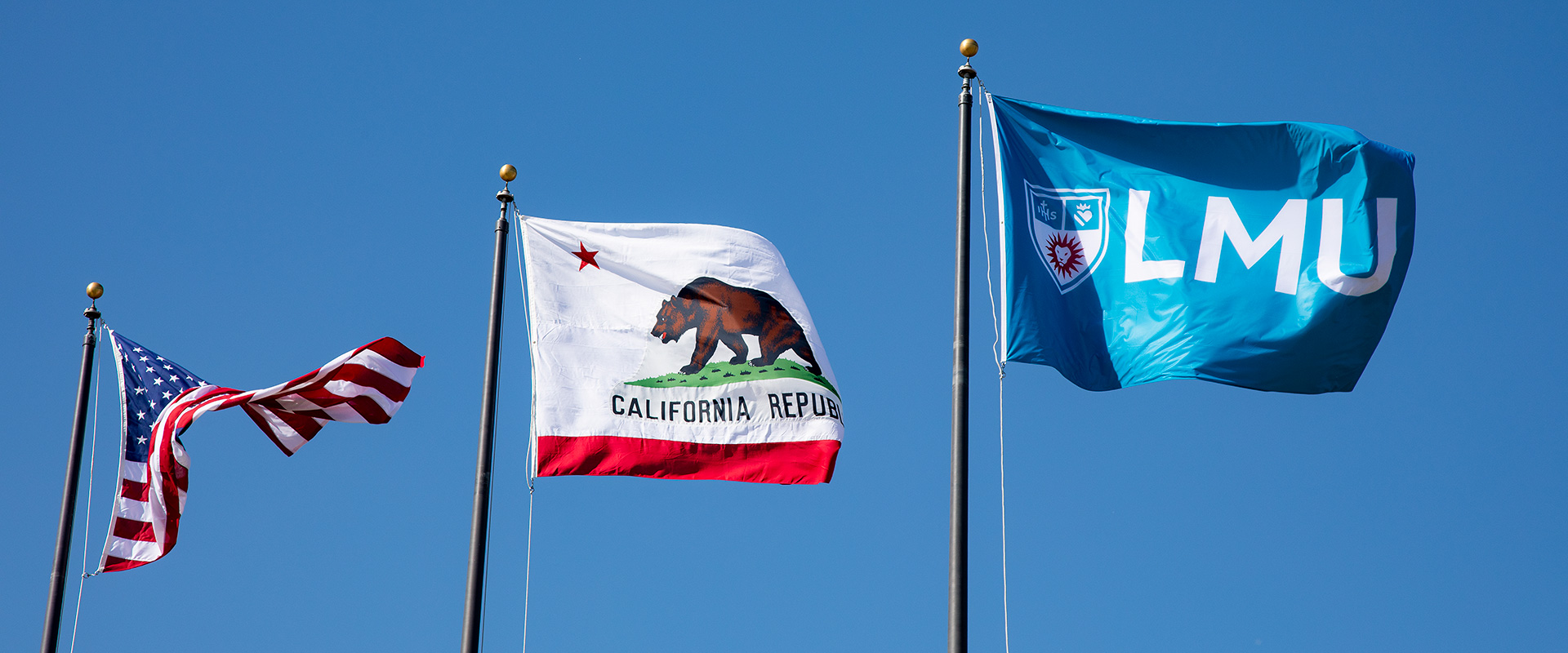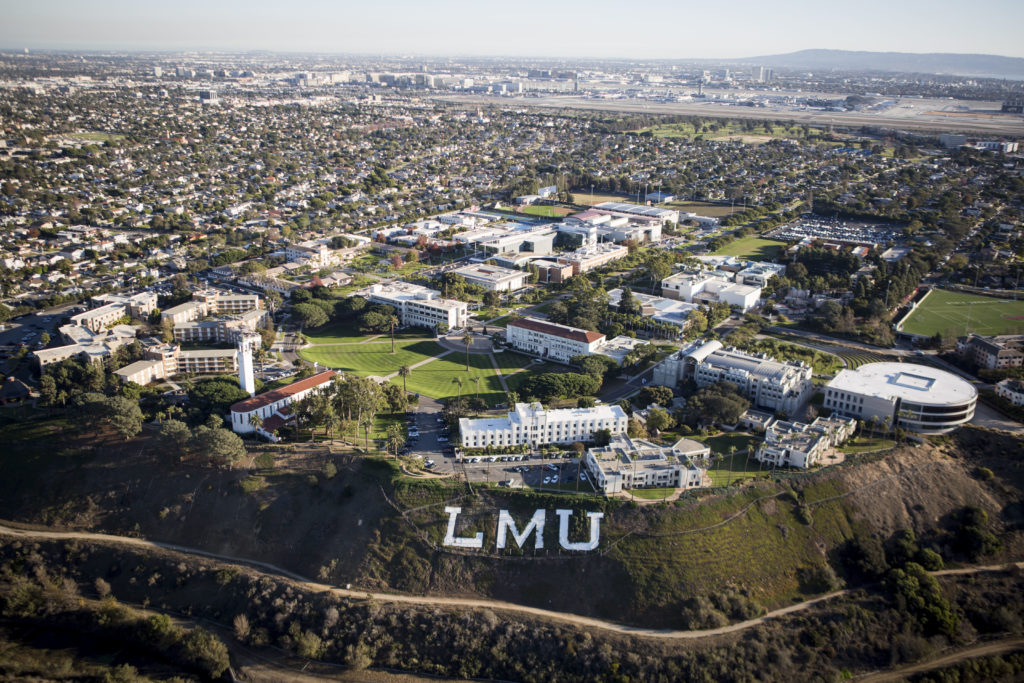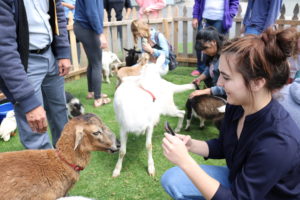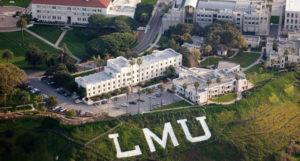 By Kienan Taweil
By Kienan Taweil
Program Coordinator, Muslim Student Life
The United States has just emerged from an extremely intense and divisive presidential election. As with all elections, the debate on healing the partisan divide has been reignited especially because this year’s election yielded unprecedented voter turnout. In this reflection, I would like to offer some divine wisdom from the Islamic tradition that can help us move beyond the deep divisions in our country to seek a better future for all.
Our diversity as human beings from different backgrounds and holding different ideas is a reality that is acknowledged in the Quran. One key verse from the Quran addressing this diversity tells us, “People, We created you all from a single man and a single woman, and made you into races and tribes so that you should recognize one another. In God’s eyes, the most honored of you are the ones most mindful of Him: God is all knowing, all aware” (Quran 49:13).
In another verse, the Quran tells us, “We have assigned a law and a path to each of you. If God had so willed, He would have made you one community, but He wanted to test you through that which He has given you, so race to do good: you will all return to God and He will make clear to you the matters you differed about” (Quran 5:48).
Our diversity is a blessing from God. Our task is to determine how we respond to this diversity. Do we respond with hate and further division or do we embrace this diversity and recognize our common humanity to build a better future? As the Quran tells us, let us “race to do good” for the benefit of all in our society and especially for those on the margins.
To do so, let us cast aside hateful and divisive language and respond to it with love, a divine force that will always conquer hate. Let us move forward with humility and a resolve to heal the wounds of our nation. Indeed, the Quran tells us to do this when it says, “The servants of the Lord of Mercy are those who walk humbly on the earth, and who, when the foolish address them, reply, ‘Peace’” (Quran 25:63).
Let us move forward with dignity. The Abrahamic faiths teach that man is made in the image of God and likewise, the Quran states, “NOW, INDEED, We have conferred dignity on the children of Adam” (Quran 17:70). Let us not lose sight of our common humanity and our shared human dignity as the children of Adam. To dehumanize one another is to commit a sin against this dignity that we are each given by God.
To elevate our discourse, the Quran tells us to, “Invite [all] to the Way of your Lord with wisdom and kind advice, and only debate with them in the best manner” (Quran 16:125). Guided by wisdom, let us restore the “civil” in civil discourse for that is the divine way.
And finally, one of the key verses in the Quran that Muslims typically hear cited during their Friday sermons says, “God commands justice, doing good, and generosity towards relatives and He forbids what is shameful, blameworthy, and oppressive. He teaches you, so that you may take heed” (Quran 16:90). We must uplift the divine principles of justice, goodness, and mercy. When we encounter a wrong in our society, let us consider these principles as tools and move forward with this verse in mind: “Good and evil are not equal. Repel evil with good, and the person who was your enemy becomes like an intimate friend” (Quran 41:34).
Divine wisdom from our faith traditions are eternal and can provide guidance for all times. I am also reminded of Jesus’ words in the New Testament in which he says, “Blessed are the peacemakers, for they will be called children of God” (Matthew 5:9). Let us all reflect on how we can be peacemakers today.
Based on these examples from our faith traditions, let us all strive for justice, goodness, mercy, and healing. Let us not lose sight of our common human dignity and of the blessing of diversity. Our challenge is to respond with wisdom to the challenges of our times so that we can forge a better tomorrow.
For our campus community, let us always bear in mind that we are all Lions. We are men and women for others who are called to the service of faith and the promotion of justice. Our Jesuit education best positions us to transform the world for the better. Let us live up to our Jesuit education to become the leaders of a more just world, ad majorem Dei gloriam, “for the greater glory of God.”




